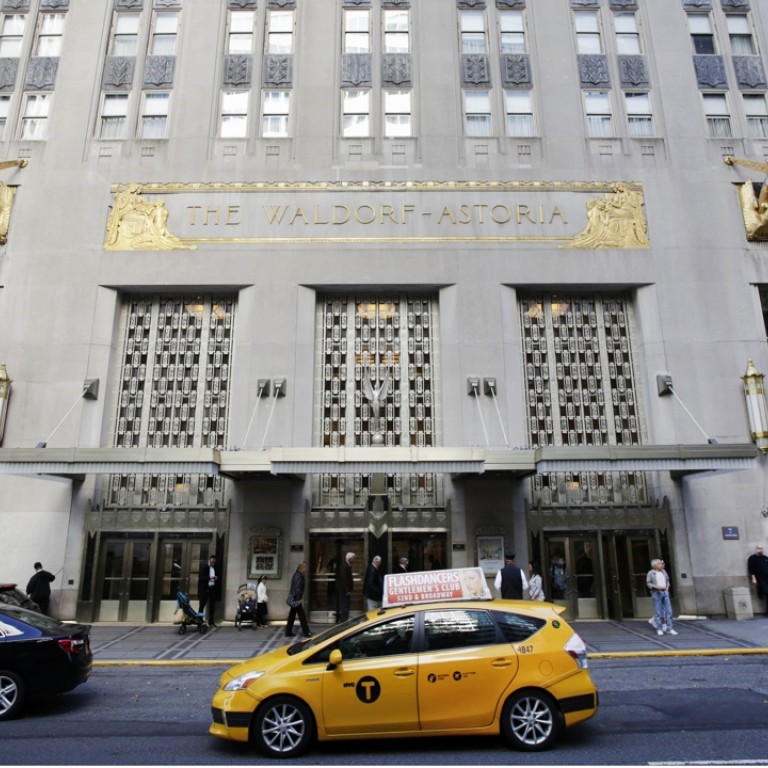
China’s outbound property buying spree will continue
Knight Frank says there is significant policy support encouraging outbound investment
Despite recent capital outflow control and yuan devaluation , analysts expect Chinese investment in overseas real estate will remain strong this year after growing dramatically last year.
According to global property consultancy Knight Frank’s latest research, total Chinese outbound property acquisition volume last year reached nearly US$30 billion, double that of 2014.
“There is significant policy support encouraging outbound investment,” Knight Frank executive director Paul Hart said.
He said Beijing’s “One Belt One Road” initiative and strengthened bilateral relationship with countries such as Britain and Australia had made many Chinese companies eager to look overseas, especially in regions that had close geographic and economic ties with China.
Knight Frank predicts strong growth in Chinese outbound investment again this year, driven by policy support and the increasing need for diversification from the slowing domestic housing market.
Hart said Chinese regulators’ curbs on capital outflow since late last year were more related to individual funds and were less problematic for institutions.
The yuan’s depreciation has actually whetted investors’ appetite for investing overseas
“Certainly there are more levels of domestic approvals to get through, particularly for insurance companies, to do a transaction, but 2015 demonstrates they have got these deals down,” he said.
Cash-rich Chinese insurers, financial institutions and developers led the buying spree last year. Six out of top 10 transactions were done by large insurers, including Anbang Insurance’s US$1.95 billion purchase of New York’s famed Waldorf Astoria hotel.
The cheaper yuan, in some analysts’ view, is not adding to pressure on outbound investment and is even positive.
“The yuan’s depreciation has actually whetted investors’ appetite for investing overseas, especially for US dollar assets, to manage the currency risk,” said Paul Guan, a partner in the real estate practice of global law firm Paul Hastings, while adding that it remained uncertain whether the Chinese government would continue to clear domestic institutional investors’ applications for purchase of foreign currency for the purposes of outbound investments as smoothly as before .
David Ji, head of greater China research and consultancy at Knight Frank, said last year’s strong growth in cross-border transactions amid yuan volatility showed its limited impact on investors’ intentions and the Chinese government had a lot of tools on hand to adjust the yuan’s level in a reasonable range to meet political needs.
Chinese investors had an active 2015 globally. The traditional gateway cities were the first choices for Chinese capital. New York, London, Sydney and Melbourne took more than 40 per cent of the total investment, with New York, and particularly Manhattan, topping the investment destinations, attracting US$5.78 billion in investment.
By sector, more than 40 per cent of the purchases were office buildings, followed by development sites and hotels.
While insurance giants such as Anbang and Ping An Insurance are snapping up trophy assets for guaranteed strong returns, Knight Frank said there were significantly more Chinese developers going overseas last year, reflecting the need to diversify their investments amid fierce domestic competition.
Property inventory in mainland China rose to a record 6.2 billion square metres by the end of last year, which analysts estimate would take at least five years to clear.

